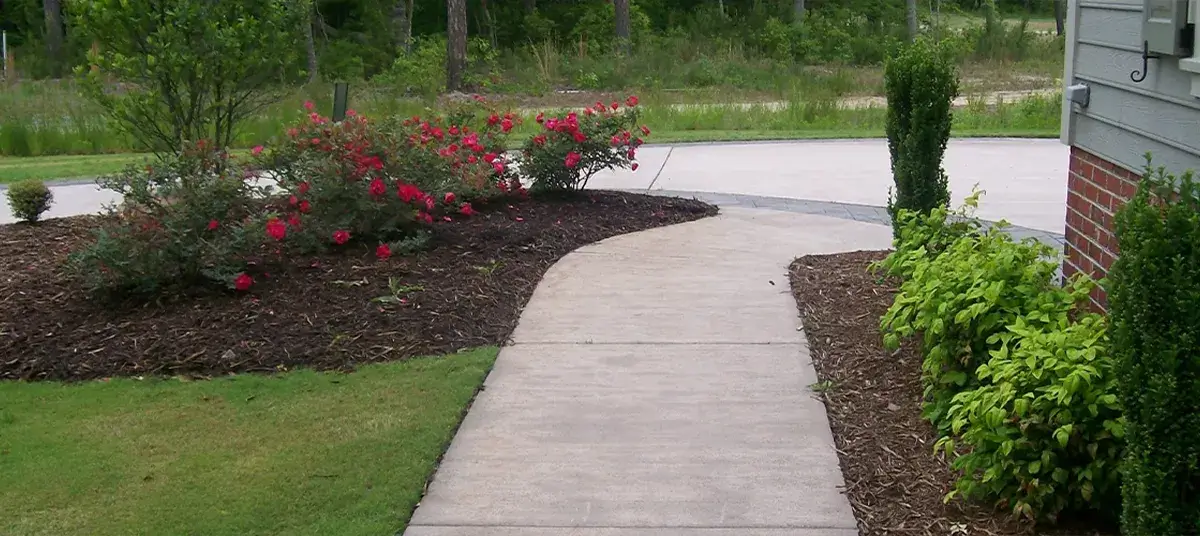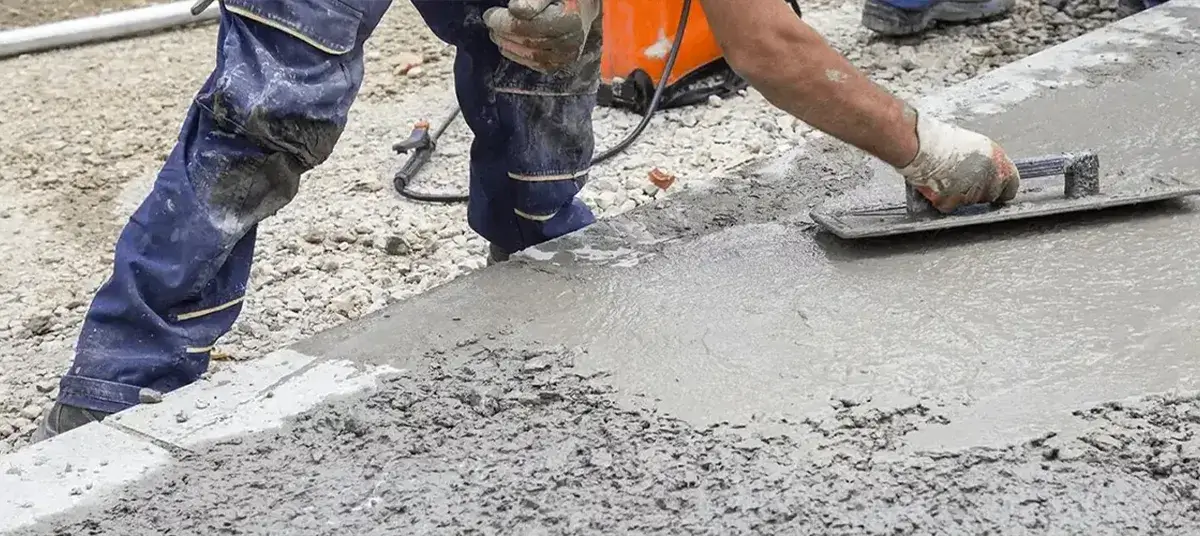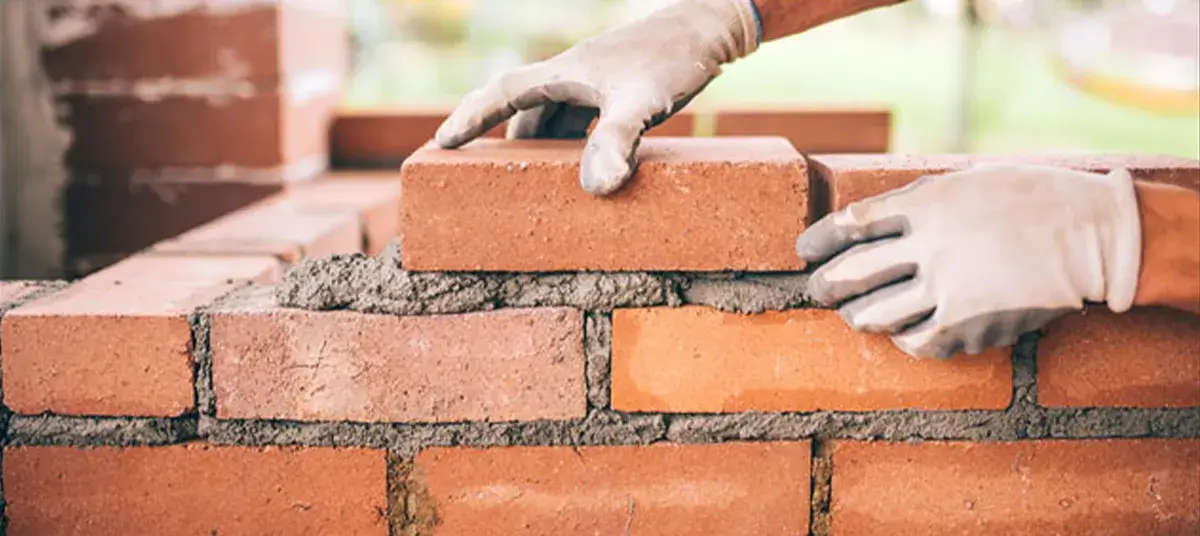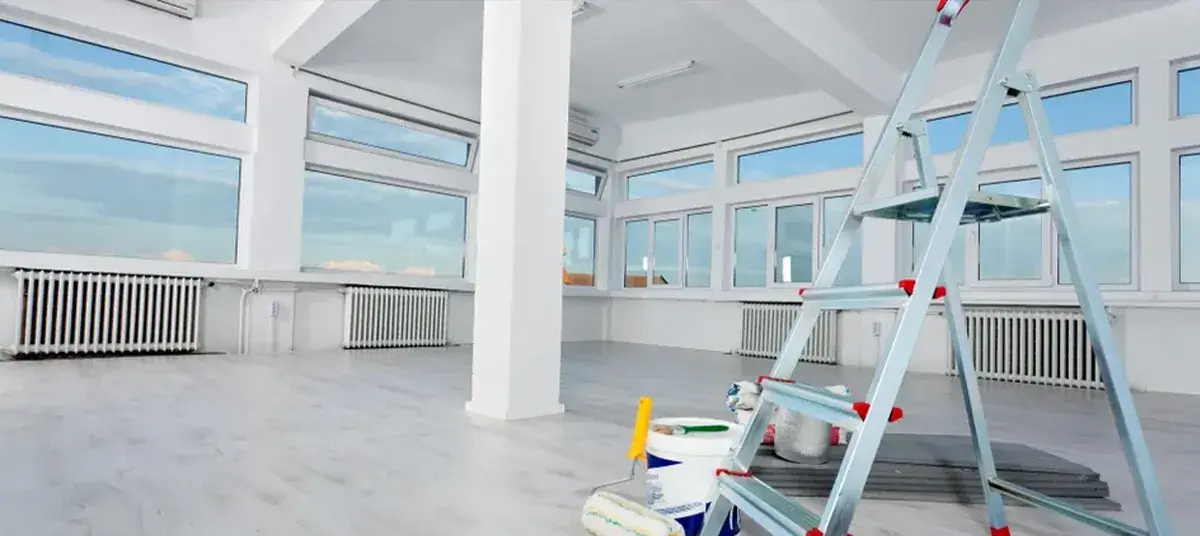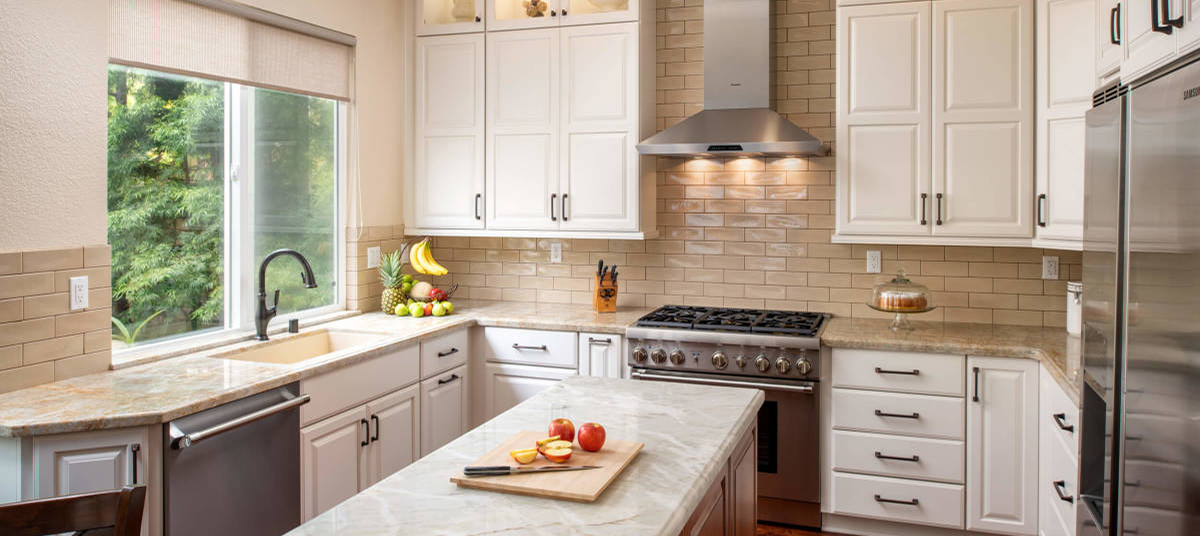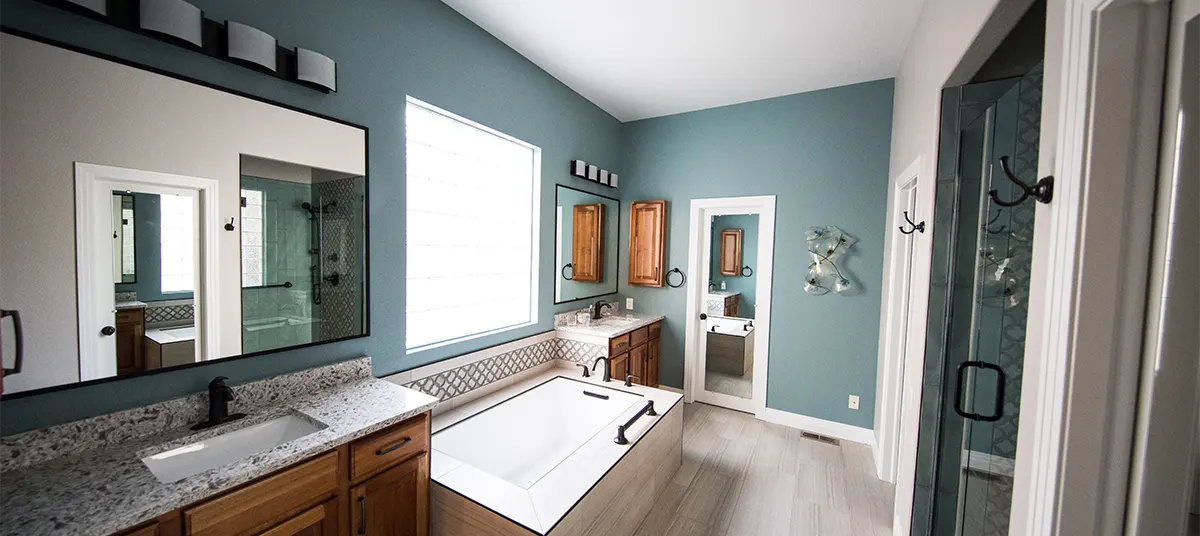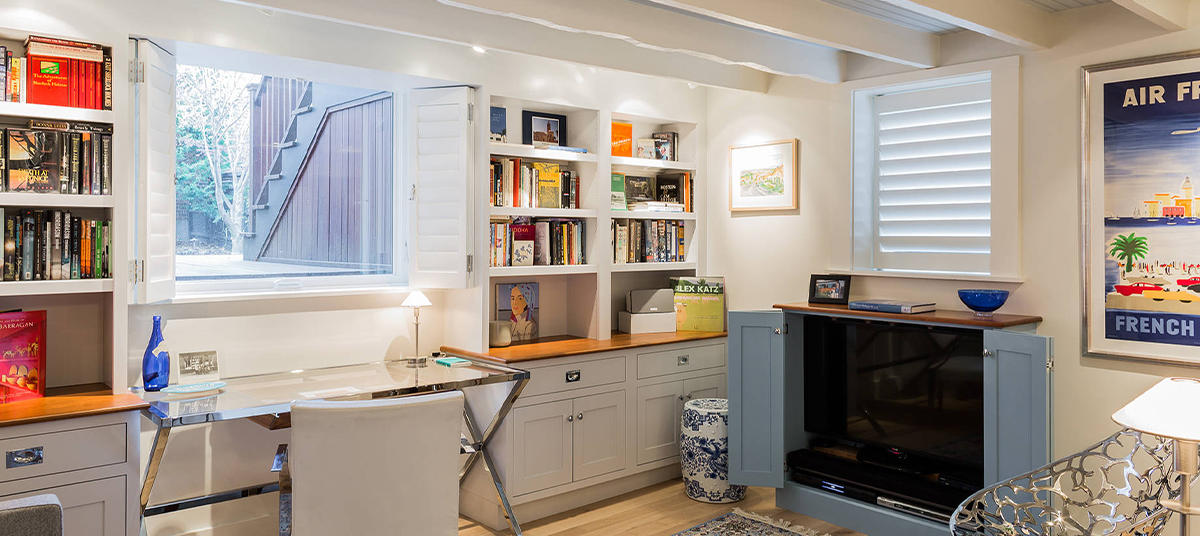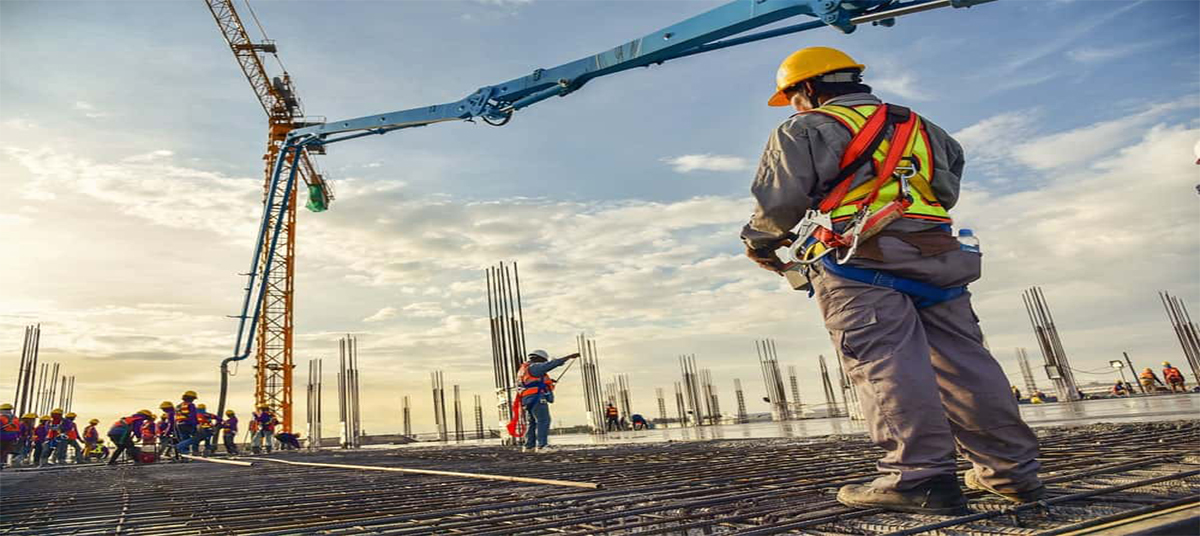Understanding Different Types of Roof Materials
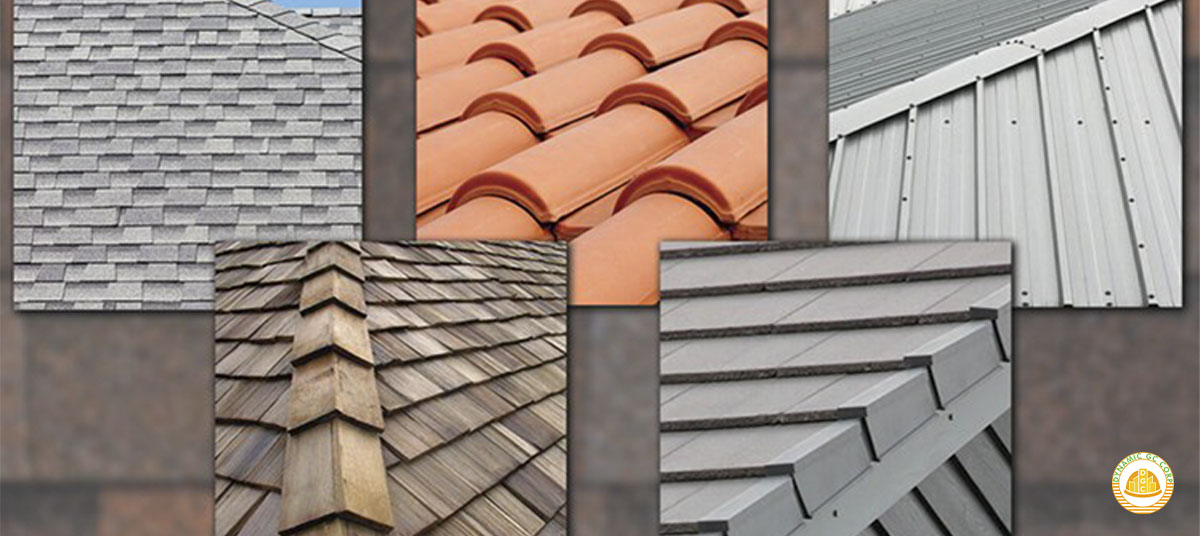
Roof is one of the most essential elements of any building/house, providing protection and shelter from the weather and ensuring your safety and comfort. When it comes to replacing or installing a new roof, choosing the right material is crucial. In this article, we'll explore different types of roof materials, their benefits, and their drawbacks, to help you make an informed decision. Also, you can check our guide on Roof Replacement and Commercial Roofing.
Asphalt Shingles
Asphalt shingles are one of the most commonly used roof materials in the USA. A few benefits and drawbacks of Asphalt shingles are as follows
Benefits of Asphalt Shingles:
- Cost-effective: Asphalt shingles are one of the most affordable roofing materials available in the market, making them an excellent option for homeowners on a budget.
- Wide availability: Asphalt shingles are readily available in most hardware stores and can be found in a variety of colors and styles to suit your preferences.
- Easy installation: Asphalt shingles are relatively easy to install and can be installed quickly, reducing labor costs and installation time.
- Low maintenance: Asphalt shingles require minimal maintenance, making them an attractive option for homeowners who don't want to spend a lot of time and money on upkeep.
Drawbacks of Asphalt Shingles:
- Short lifespan: Compared to other roofing materials, asphalt shingles have a relatively short lifespan and may need to be replaced within 15-30 years.
- Prone to damage: Asphalt shingles are vulnerable to damage caused by strong winds, hail, and extreme temperature changes.
- Environmental concerns: Asphalt shingles are not an eco-friendly option as they contribute to landfills when they are disposed of, and their manufacturing process is energy-intensive.
- Less energy-efficient: Asphalt shingles do not provide as much insulation as other roofing materials, leading to higher energy bills for heating and cooling.
Metal Roofing
Metal roofing is a popular roofing material that is known for its durability and longevity. A few benefits and drawbacks of Metal roofing are as follows
Benefits of Metal Roofing:
- Longevity: Metal roofing is one of the most durable roofing materials and can last for up to 50 years or more with proper maintenance.
- Energy efficiency: Metal roofing is a highly energy-efficient option, as it reflects solar radiant heat, reducing cooling costs in hot climates.
- Low maintenance: Metal roofing requires very little maintenance, and occasional cleaning is enough to keep it in excellent condition.
- Fire-resistant: Metal roofing is non-combustible and can help protect your home from fire damage.
Drawbacks of Metal Roofing:
- Cost: Metal roofing is more expensive than other roofing materials, and the installation process may require specialized skills and tools, increasing the installation cost.
- Noise: Metal roofing can be noisy during heavy rain or hail, which may be a concern for some homeowners.
- Dents and scratches: Metal roofing can be prone to dents and scratches, especially in areas with heavy foot traffic or during severe weather conditions.
- Expansion and contraction: Metal roofing can expand and contract due to temperature changes, which may lead to warping or buckling of the roof.
Clay and Concrete Tiles
Clay and concrete tiles are popular in warmer climates due to their ability to reflect heat and keep your home cooler. A few benefits and drawbacks of Clay and concrete tiles are as follows
Benefits of Clay and Concrete Tiles:
- Durability: Clay and concrete tiles are extremely durable and can last for up to 50 years or more with proper maintenance.
- Aesthetically pleasing: Clay and concrete tiles are available in a variety of colors, styles, and finishes, making them a versatile option for any home.
- Energy efficiency: Clay and concrete tiles have excellent thermal mass properties, which help regulate indoor temperature and reduce energy costs.
- Fire-resistant: Clay and concrete tiles are non-combustible and can help protect your home from fire damage.
Drawbacks of Clay and Concrete Tiles:
- Cost: Clay and concrete tiles are one of the most expensive roofing materials, making them a less affordable option for homeowners on a budget.
- Heavyweight: Clay and concrete tiles are heavy, and the roof structure may need to be reinforced to support the weight, increasing the installation cost.
- Fragile: Clay and concrete tiles can be fragile and prone to cracking or breaking, especially during extreme weather conditions or when stepped on.
- High maintenance: Clay and concrete tiles require regular maintenance, including cleaning and inspection, to ensure they remain in good condition and avoid water leakage.
Wood Shingles and Shakes
Wood shingles and shakes are traditional roofing material that provides a natural and rustic look to your home. A few benefits and drawbacks of Wood Shingles and Shakes are as follows
Benefits of Wood Shingles and Shakes:
- Aesthetically pleasing: Wood shingles and shakes have a natural and rustic look that many homeowners find appealing. They are available in a variety of wood species, colors, and finishes.
- Good insulation: Wood shingles and shakes provide good insulation, helping to keep the home warm in winter and cool in summer.
- Eco-friendly: Wood shingles and shakes are a sustainable roofing material since they are made from natural wood, a renewable resource.
- Low carbon footprint: The production process of wood shingles and shakes has a lower carbon footprint compared to other roofing materials, making them an environmentally friendly choice.
Drawbacks of Wood Shingles and Shakes:
- High maintenance: Wood shingles and shakes require regular maintenance, including cleaning and inspection, to prevent rot, mold, and insect infestations.
- Fire hazard: Wood shingles and shakes are highly flammable and may pose a fire hazard, especially in areas prone to wildfires.
- Short lifespan: Wood shingles and shakes have a relatively short lifespan compared to other roofing materials, lasting between 15 to 25 years with proper maintenance.
- Vulnerable to weathering: Wood shingles and shakes are vulnerable to weathering, cracking, and warping due to exposure to the elements, especially in humid and rainy climates.
Synthetic Roofing Materials
Synthetic roofing materials, such as rubber, plastic, and composite, are a modern alternative to traditional roofing materials. A few benefits and drawbacks of Synthetic Roofing Materials are as follows
Benefits of Synthetic Roofing Materials:
- Low Maintenance: Synthetic roofing materials require minimal upkeep, making them a desirable option for homeowners.
- Lightweight: Synthetic roofing materials are generally lighter in weight, making them easier to install and less likely to necessitate structural reinforcement.
- Durability: Synthetic roofing materials are designed to last long, with some options boasting a lifespan of up to 50 years.
- Energy Efficiency: Certain synthetic roofing materials reflect sunlight, lowering heat absorption and keeping homes cooler, resulting in energy efficiency.
Drawbacks of Synthetic Roofing Materials:
- Limited Lifespan: While certain synthetic roofing materials can endure for decades, others may only last between 20 to 30 years.
- Aesthetic Limitations: Although synthetic roofing materials can imitate the appearance of other roofing materials, they may not have the same appeal as genuine materials.
- Environmental Concerns: Some synthetic roofing materials may not be eco-friendly, with worries over their production and disposal.
- Cost: Synthetic roofing materials are sometimes more expensive than traditional roofing materials like asphalt shingles, making them less accessible to some homeowners.
Conclusion
Choosing the right roof material for your home depends on several factors, including your budget, climate, and personal preference. It's essential to consider the benefits and drawbacks of each type of roofing material before making a decision. We hope this article has provided you with valuable information to help you choose the best roof material for your home.
Call us at +1 (718) 786-1776
At Gc Corp, we have qualified roofers who can provide complete services to meet our customers' various needs. We have the knowledge, experience, and resources to assist with the installation and maintenance of various types of commercial roofing systems. We can assist you with commercial roof inspections, maintenance, repair, replacement, and other services. You may reach us at +1 (718) 786-1776 if you have any inquiries about our commercial roofing services in New York. You can also get a free quote by completing our online form. We provide visual inspections, written estimates, and dependable solutions to any of your roofing issues.




